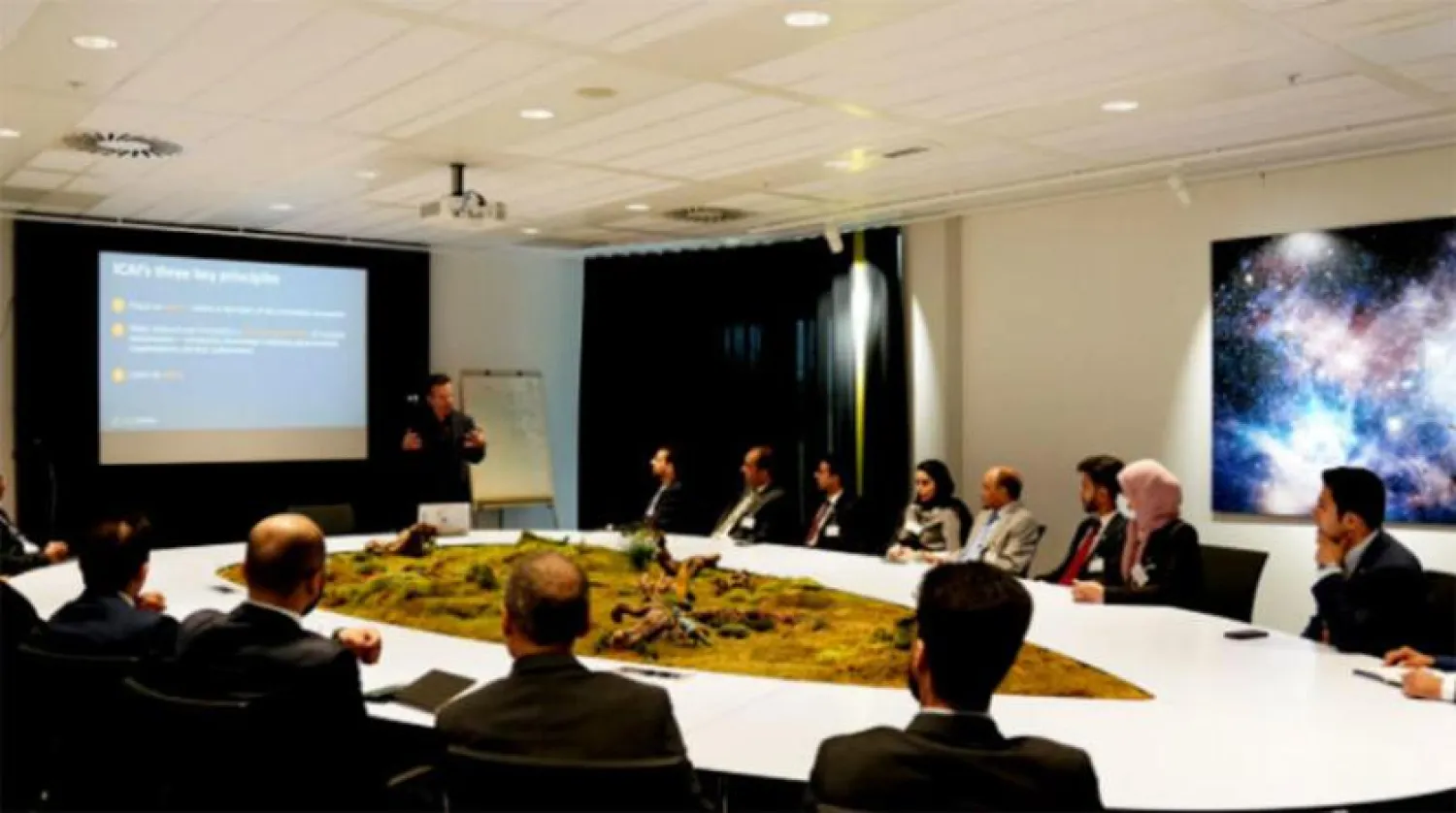The Saudi government says it wants to boost commercial and economic partnership in priority areas with the Netherlands.
A Saudi delegation, headed by Vice Minister of Commerce and CEO of the National Competitiveness Center (NCC) Iman al-Mutairi, arrived in the Netherlands to hold talks and enhance commercial and economic partnership.
The Saudi delegation includes figures from the energy, investment, environment, water, and agriculture ministries, in addition to officials from the Saudi Ports Authority, General Authority for Foreign Trade, Technical and Vocational Training Corporation, the National Competitiveness Center, Jeddah Islamic Port, and Federation of Saudi Chambers, in addition to representatives of top national companies, such as Saudi Aramco, SABIC, Saudi Investment Recycling Company (SIRC).
The delegates are scheduled to hold several meetings with government institutions and the business sector in the Netherlands.
Dutch Vice Minister for Foreign Economic Relations Hanneke Schuiling received the Saudi delegation in The Hague in the presence of Saudi Ambassador Ziad al-Atiyah. The meeting discussed means to enhance the economic partnership between the two countries in light of the Vision 2030.
On the first day, the delegation visited the Innovation Center for Artificial Intelligence (ICAI), the University of Amsterdam, and the village of the business incubator.
The delegates viewed the latest developments and practices in light of the Netherlands' comprehensive expertise in innovative sciences, developing know-how and technology in renewable energy, food, transport, logistic services, healthcare, and smart cities.
Later, the Dutch Foreign Ministry organized working sessions that saw the participation of leaders of major companies like Shell, Unilever, and Philips, and Confederation of Netherlands Industry and Employers (VNO-NCW), and the Netherlands Organization for Applied Scientific Research (TNO).
VNO-NCW is the biggest union for businesspeople and industry in the Netherlands and represents more than 185,000 facilities, while TNO is one of the most prominent research institutions concerned with circular economy and sustainable infrastructure in the world.
Saudi stakeholders reviewed promising opportunities, cooperation aspects, and partnerships mainly in the renewable energy field, in light of Saudi Arabia's competitive features thanks to its geographical location and climate, benefiting from renewable energy resources as a good source economically and a supporter for efforts to diversify energy resources.
The last meeting in Riyadh in March dealt with promising opportunities in the Kingdom, cooperation between the two countries' business sectors, and addressed partnership in the circular economy, health, and other economic activities.
Mutairi stressed at the time that the meeting was necessary for the Saudi and Dutch business sectors to enhance economic cooperation.
She noted that over 600 legislative and procedural reforms were established, which contributed to the development of the business environment and enhanced the Kingdom's competitiveness.
She pointed out that it was important for companies to check the Istitlaa platform to review regulations and guidelines, noting that since it was established, the Center has monitored the challenges facing the private sector and integrated with more than 60 government agencies.
NCC CEO indicated that the Center facilitates initiatives of the public and private sectors to adopt innovation, establish sustainability and growth methods, and effectively use resources.









